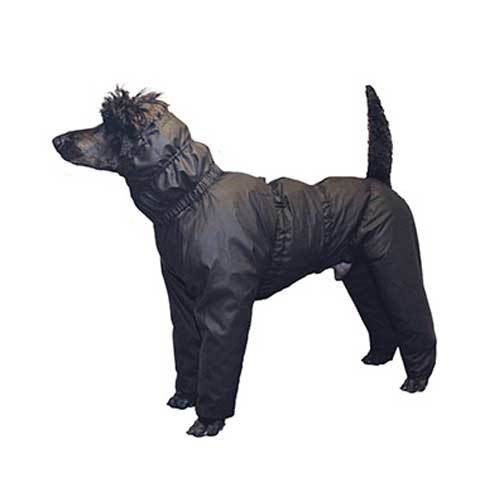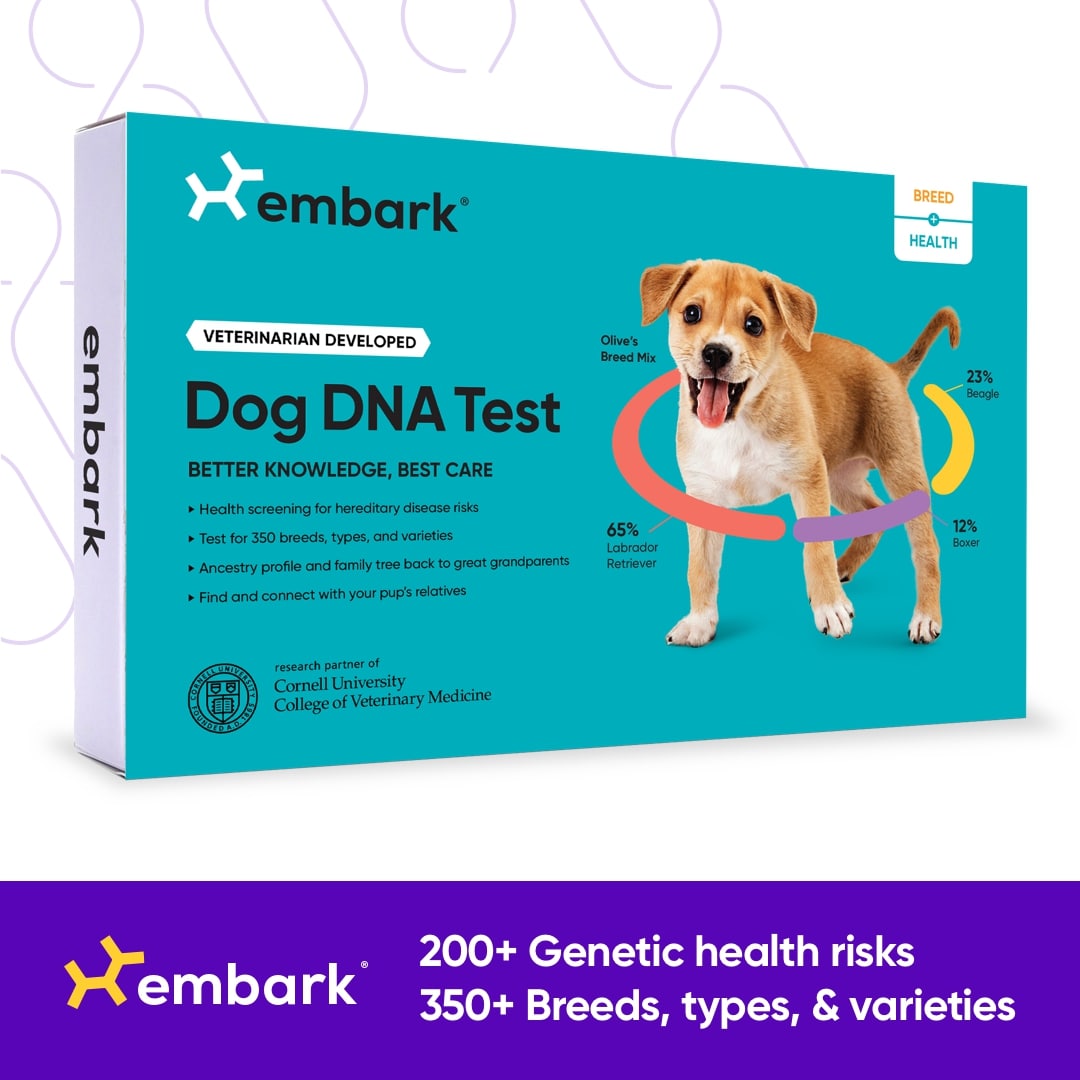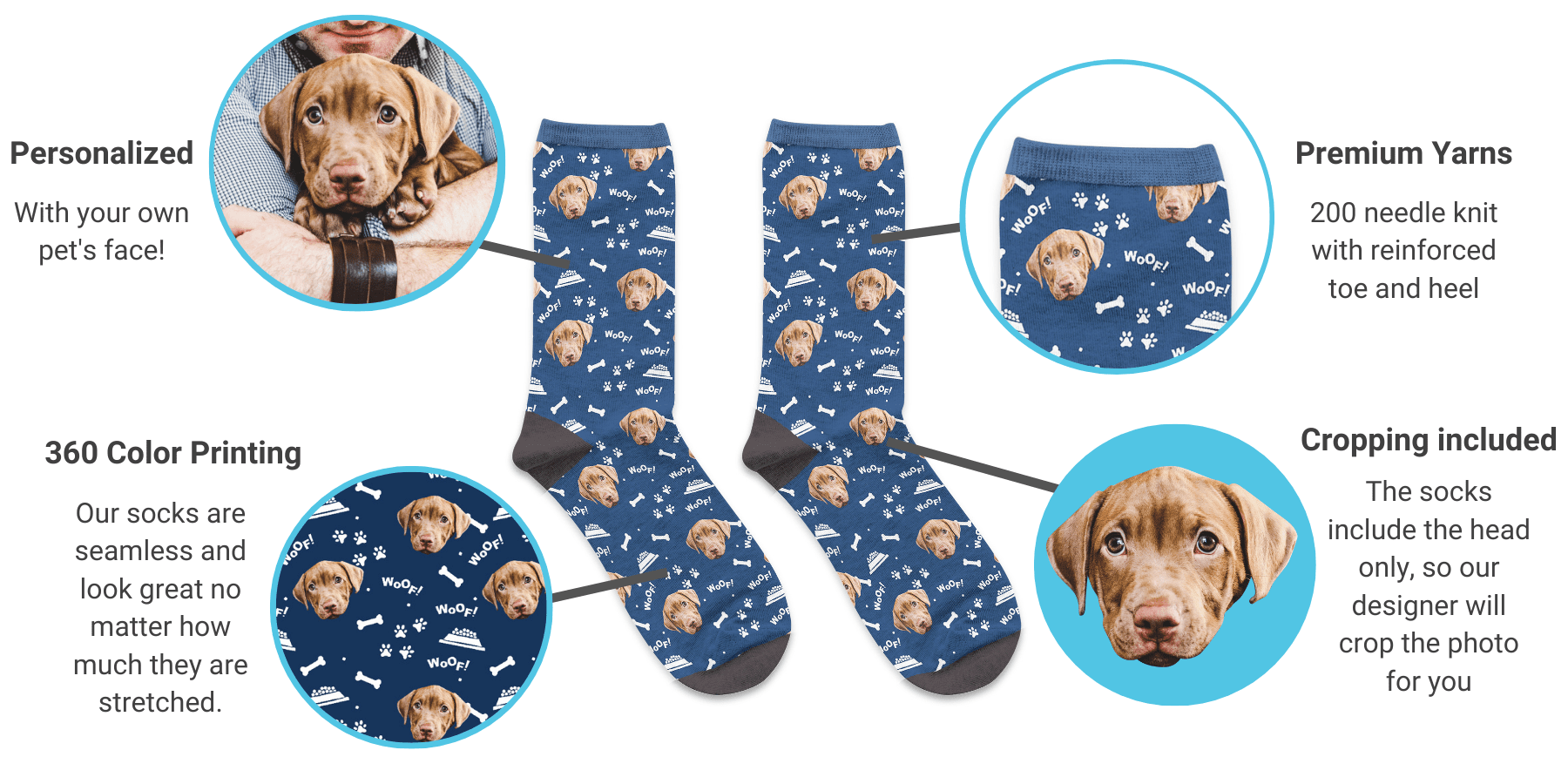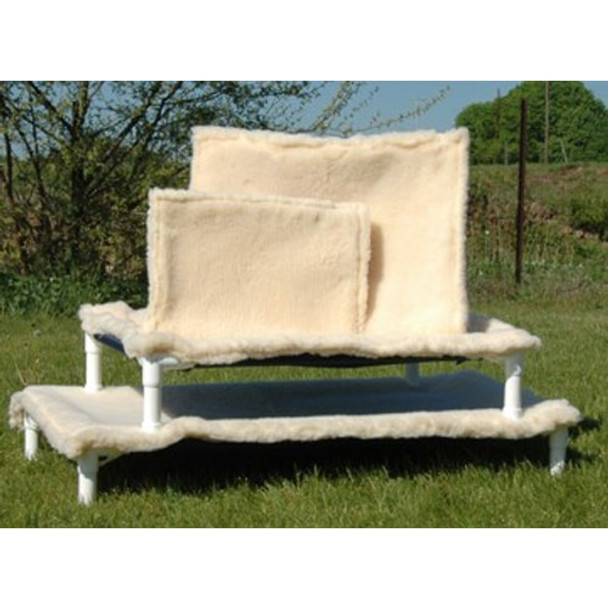Personality - When you're just too cool for words.
Amiable, friendly, quiet, and gentle at home, you won't even know he's there. What's not to love? They’re sometimes referred to as “Velcro dogs." You'll get more company than you want in the bathroom, and if you go out to the mailbox, you'll probably need to take him with you. This is not the breed for you if you need a some distance between you and the dog. Occasionally you may encounter an aloof whippet, but that’s not true of most of them. Whippets are playful but gentle dogs. In addition to being one of the most affectionate breeds, whippets are also funny, clever, and playful. They’re mischievous (especially as puppies) and often have their own agendas. They are born athletes and capable of leaping onto kitchen counters and “surfing" for snacks, jumping onto chairs and tables to reach things or balancing on the back of the sofa to look out a window.Whippets in good condition have very little natural padding. Hard surfaces are uncomfortable for them, and whippets do love their comfort! Fortunately they have no doggy odor when they plop down on your cushiest chair.
The males are as easy to housebreak, and no more aggressive than the females. Both sexes make excellent pets. Males tend to be slightly more loyal and enjoy repetitive play. They can be a good choice for a family with more active, young children. Females can be a little more complex and strong-willed, but are equally devoted to their owners. Males tend to be one to two inches taller, and three to six pounds heavier than females.
Most whippet puppies have nice temperaments and are are curious and playful, willing to approach people and be held by them. It's a very loving breed. It's usually best to choose the puppy that doesn't beat up his littermates or hides from visitors, still, it's very hard to choose wrong with a whippet as long as you make sure the parents are healthy and the temperaments are sound. Meeting siblings or other relatives of the parents is also helpful for evaluating who a puppy will be when he grows up.
Like every dog, a young Whippet needs early socialization - exposure to many different people, sights, sounds, and experiences. Socialization helps ensure that your puppy grows up to be a well-rounded dog and is not skittish or shy. Enrolling him in a puppy kindergarten class is a great start. Inviting visitors over regularly, and taking him to busy parks, stores that allow dogs, and on leisurely strolls to meet neighbors will also help him polish his social skills so he continues to be the sociable, friendly dog he was meant to be.
Lastly, Whippets are house dogs ONLY. They are not psychologically or physically suited to living in a yard. They certainly enjoy (and need) a daily romp in the yard or an hour or to stretch out in the sun, but a whippet should never LIVE outdoors. They have such a low percentage of body fat there is no protection from the weather. They overheat easily and they suffer terribly from the cold. If you don’t plan on keeping your dog in the house, you should choose a dog more suited to outdoor life, not a Whippet.
Health
The Whippet is a generally a very healthy breed, and buying from a responsible breeder will help ensure that you get the healthiest Whippet possible. If you get your puppy from a reputable breeder he will be vaccinated and dewormed before you take him home. Responsible breeders use only physically sound, mature (at least 2 years or older) dogs, and test their breeding stock for genetic diseases. The typical lifepan of a Whippet is 12-15 years. Most are healthy their entire lives and need little more than routine veterinary visits for vaccinations and check-ups.
Both parents should have health clearances, documentation that a dog has been tested for and cleared of a particular condition. In Whippets, the health clearances usually required are from the Canine Eye Registry Foundation (CERF) certifying that eyes are normal and the breeder should also check for von Willebrand's Disease, and hearing disorders. Health clearances are not issued to dogs younger than 2 years of age. That's because some health problems don't appear until a dog reaches full maturity. This is why it's recommended that dogs not be bred until they are two or three years old.
The following may affect the Whippet breed:












